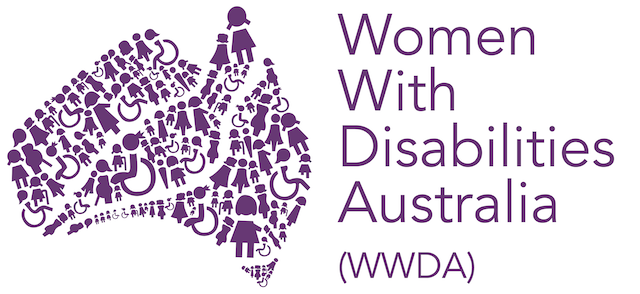Current policies and discourses around addressing and preventing violence against women in Australia have locked us into a particular way of conceptualising violence against women, which falls short in encompassing the key experiences of many women and girls with disabilities. These experiences have been recognised internationally as a central concern, where attention to the nature and scope of gendered disability violence has been integral to the violence prevention agenda. Current efforts in Australia have less successfully tackled this key intersectional issue, where the agenda is characterised by inadequate conceptualisation and recognition of, and response to, the needs and rights of women and girls with disabilities who have experienced or are at risk of experiencing violence. This paper articulates the imperative of a comprehensive human rights perspective and approach to the prevention of violence against women. This approach recognises and demonstrates that responses to violence against women cannot be considered in isolation from the context of individuals, households, settings, communities or States. It recognises that discrimination affects women in different ways depending on how they are positioned within the social, economic and cultural hierarchies that prohibit or further compromise certain women’s ability to enjoy universal human rights. This paper argues that without a grounding in a comprehensive human rights frame, current approaches to violence prevention run the risk of reinscribing the marginalisation of gendered disability violence, resulting in the inadvertent perpetuation of the systemic violence and abuse experienced by women with disabilities in a wide range of settings. Copyright 2015.
